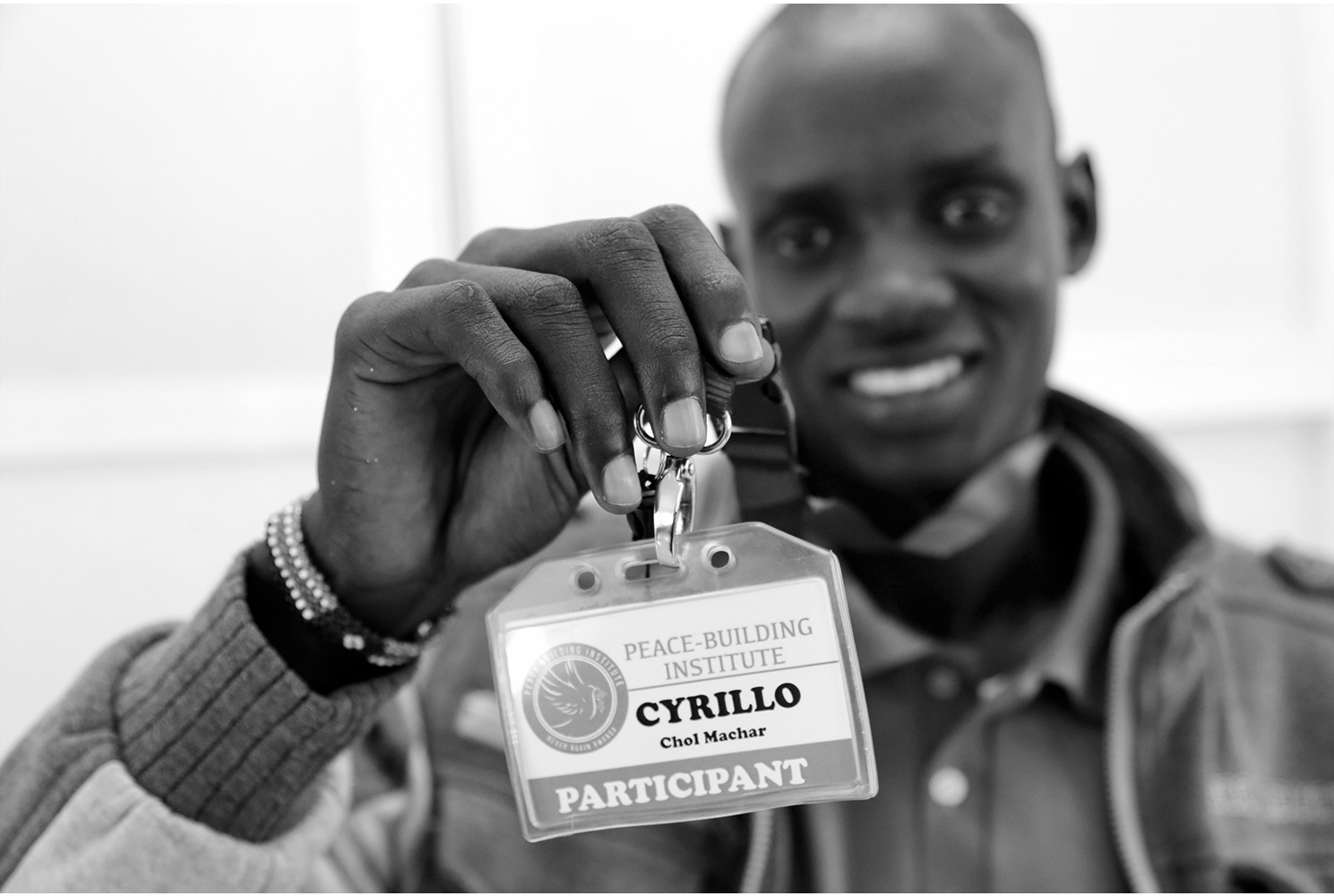Kigali : The Peace building Institute (PBI) was established by Never Again Rwanda as a bi-annual platform that brings together Rwandan, regional, international university students and young professionals to study Genocide and examine the reconstruction efforts in the post-genocide Rwanda.
The program is conducted in two phases. In June (summer) PBI attracts international students and in December/January it attracts regional and local students. It is organized under the main theme “What can Rwanda teach the world?” PBI aims at empowering young people with skills to prevent and overcome violence and negative ethnicity by creating awareness about the history and consequences of Genocide.
This year’s regional phase took place between 13th – 26th February and was attended by 21 young professionals from Sudan, Kenya, Uganda, Tanzania, Burundi, South Sudan and Rwanda they were taught about understanding stages of Genocide, history and prevention and examined governance in post genocide societies along and transitional justice system in post–genocide Rwanda’s experience to shape the world towards sustainable peace.
Group discussions and presentations on topics like mitigation measures to overcome conflict and insecurity, advantages and disadvantages of governance practices (per country of residence) and experiences from participant countries on citizen participation helped participants to get more engaged and also gain more insight on some of these topics.
In a bid to make the program more practical, participants were able to visit Kigali Memorial Center and Murimba Memorial Site to be able to understand more how the 1994 Genocide Against the Tutsi was planned and the impairment it had on the society. They also visited the King’s palace in Nyanza where they were given a broader picture of Rwanda’s culture and beliefs.
By the end of the program participants gained knowledge and skills in genocide/conflict prevention and pledged to improve existing projects in their communities and develop initiatives to address some conflicts in their respective societies as global peace ambassadors.


